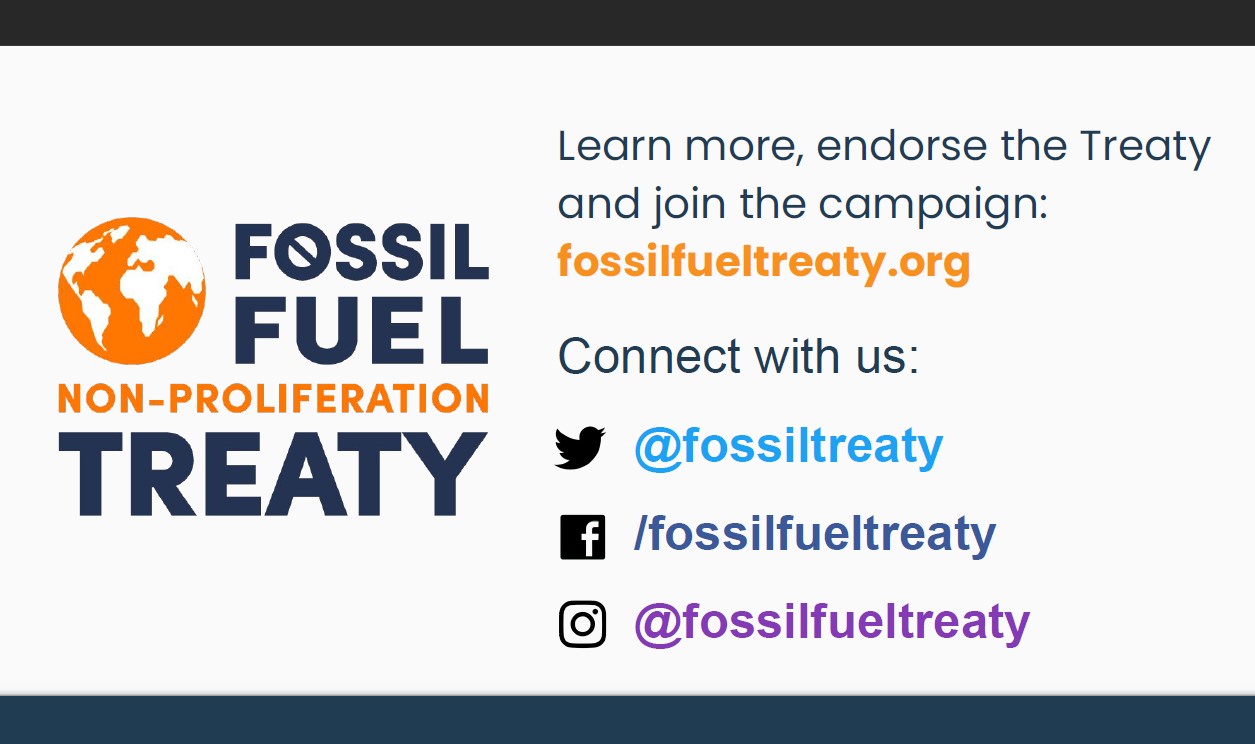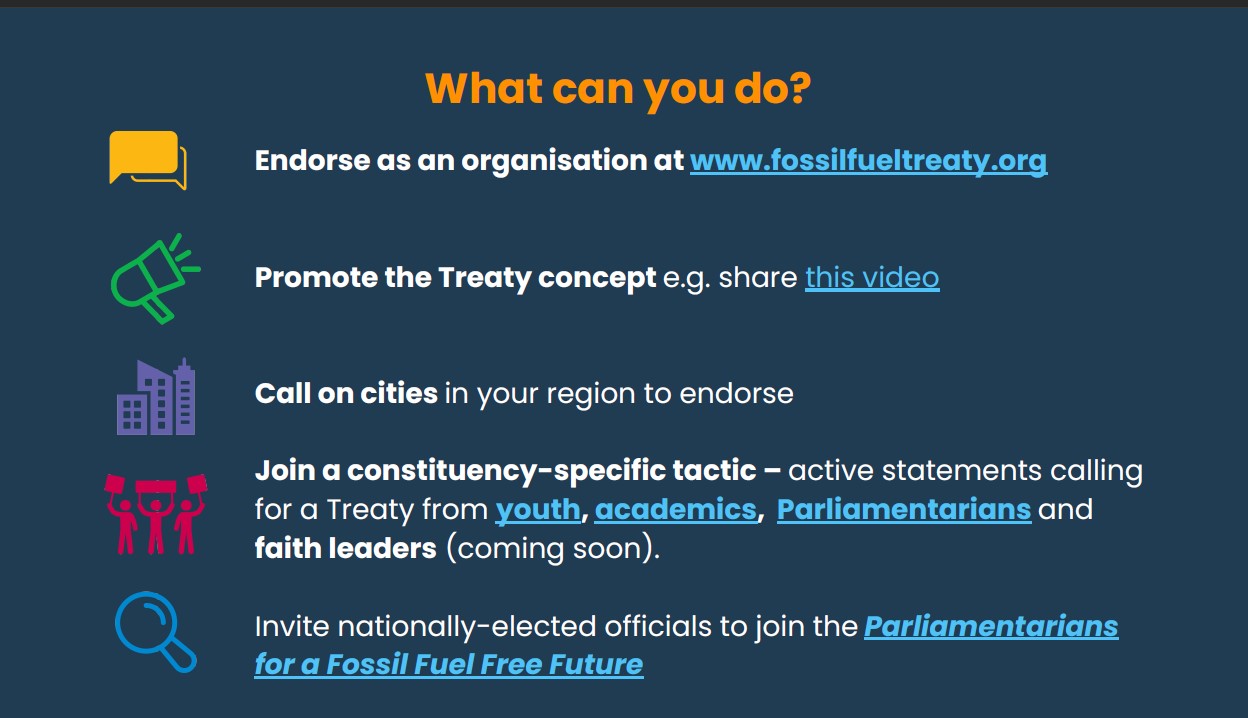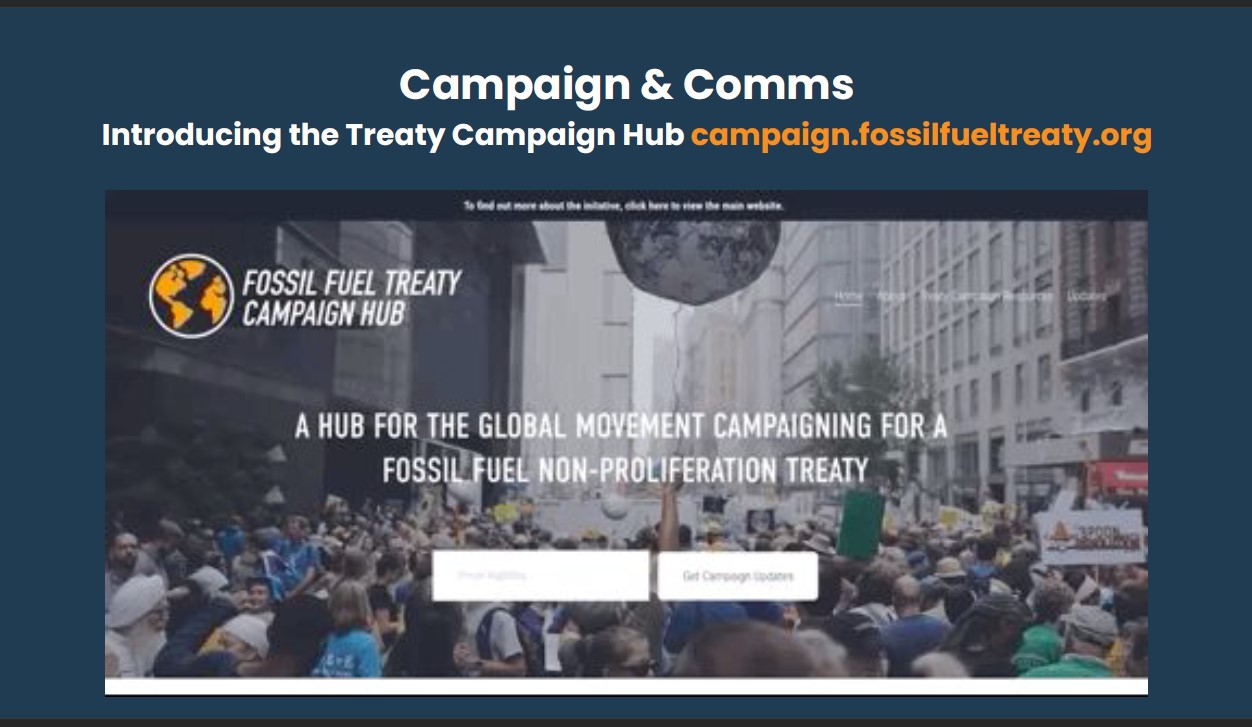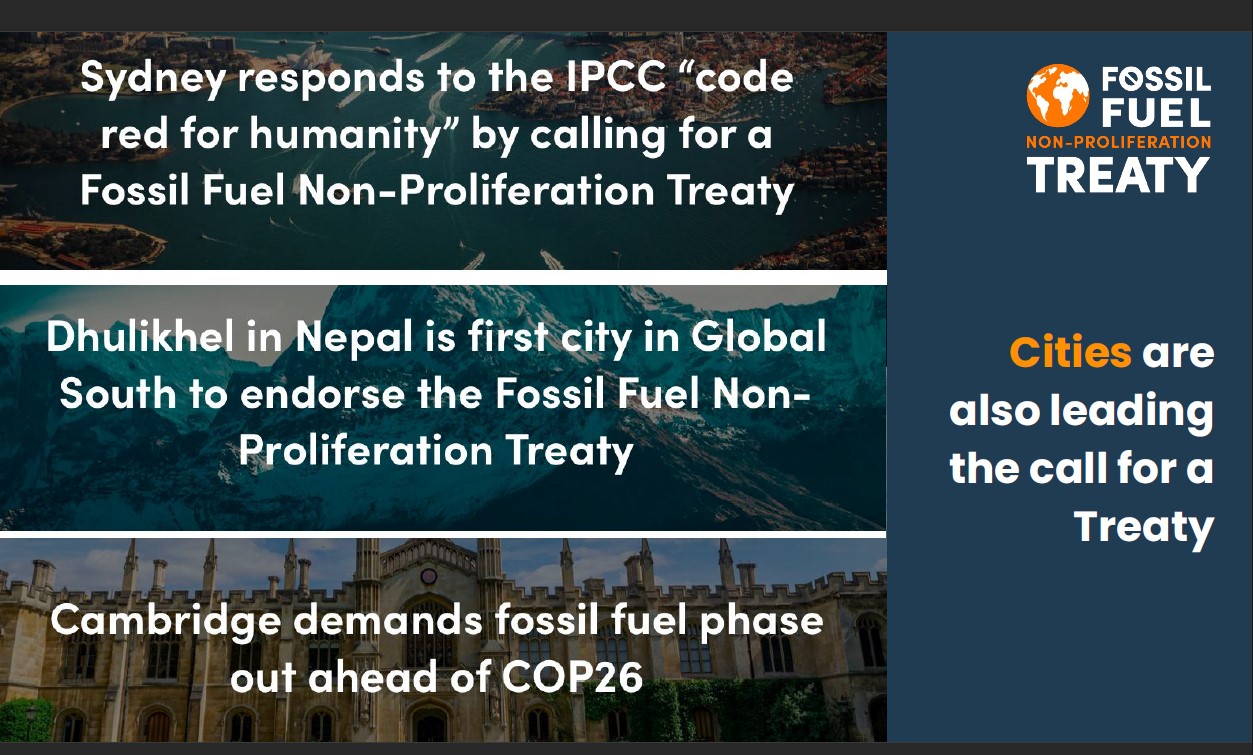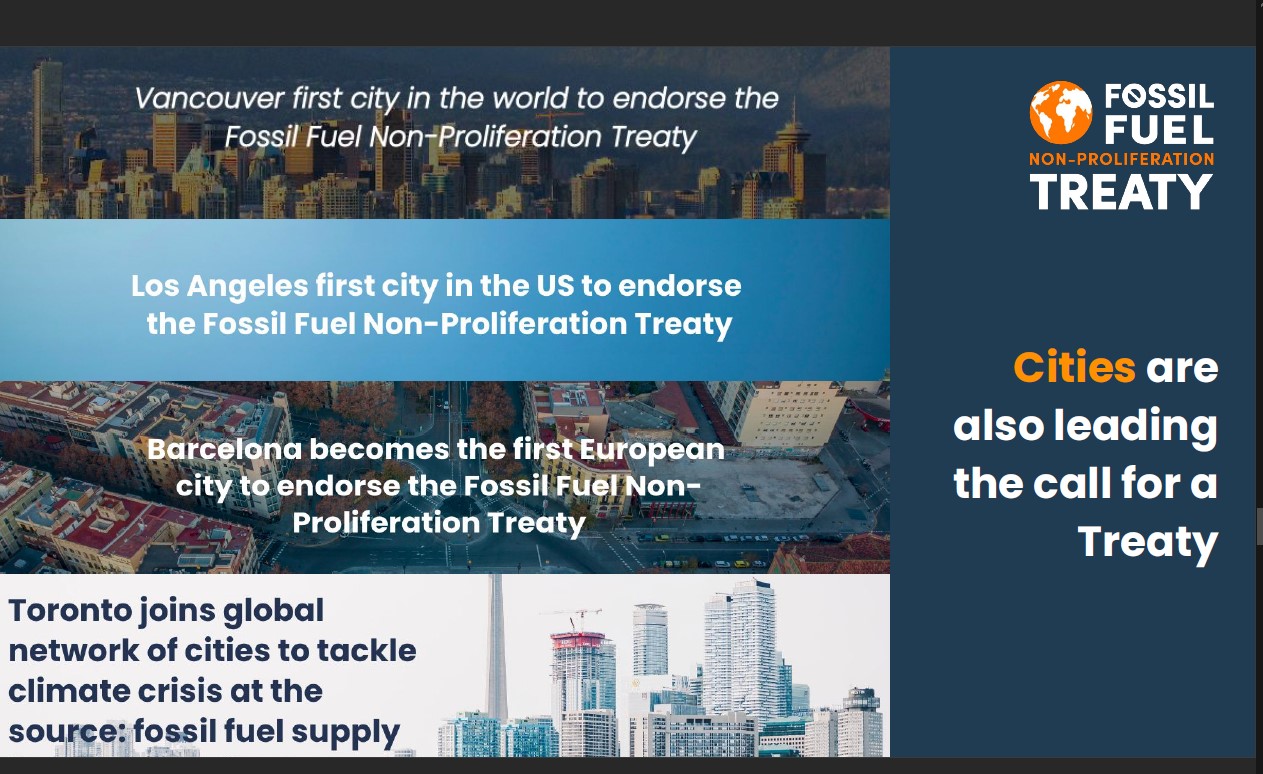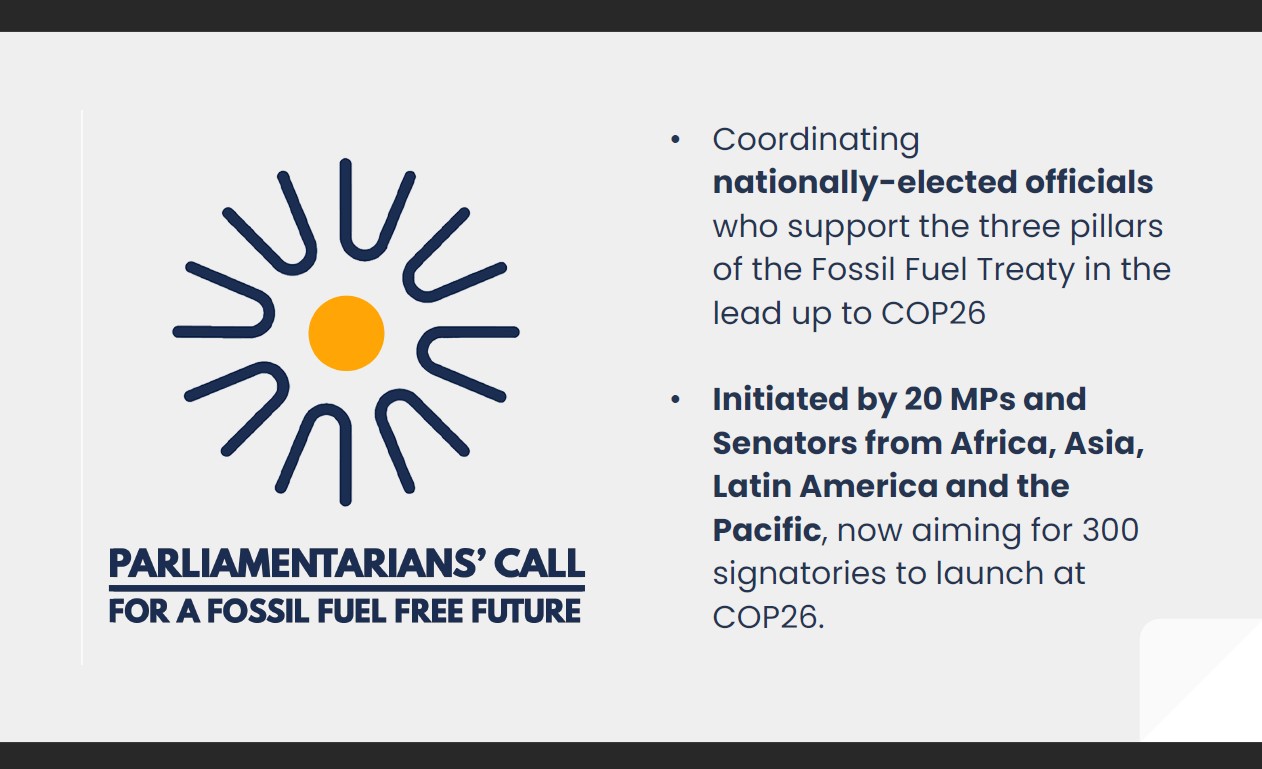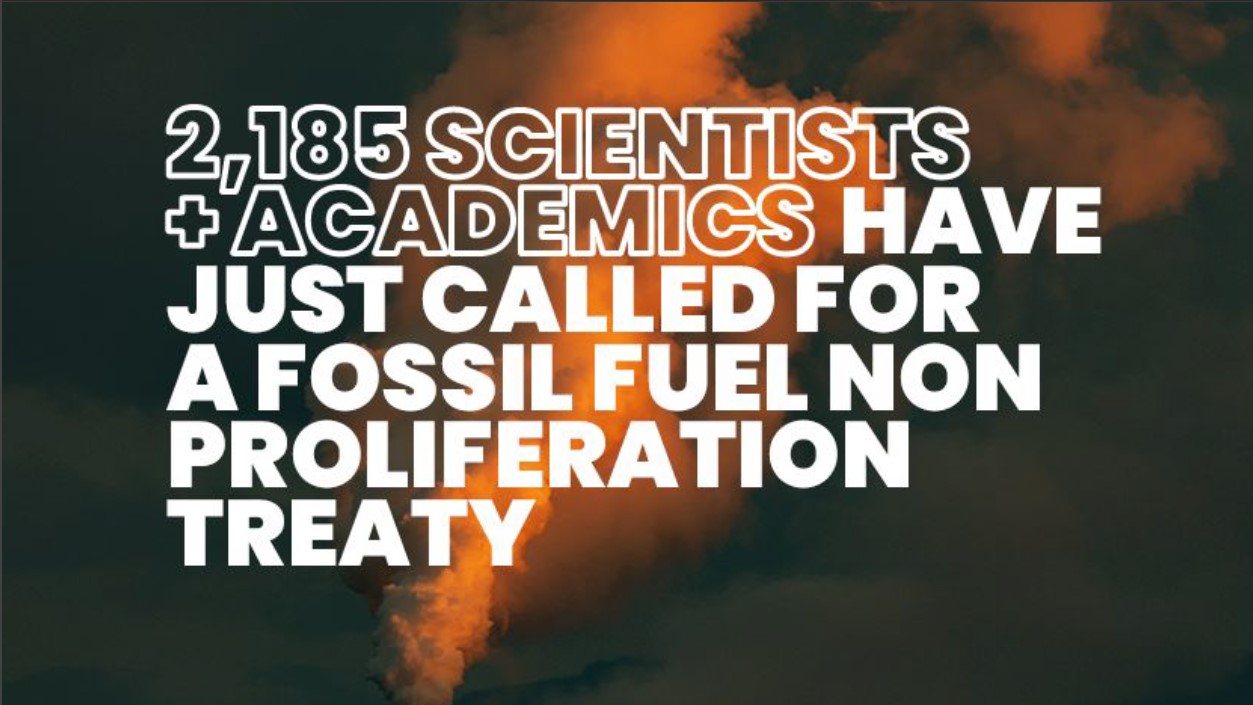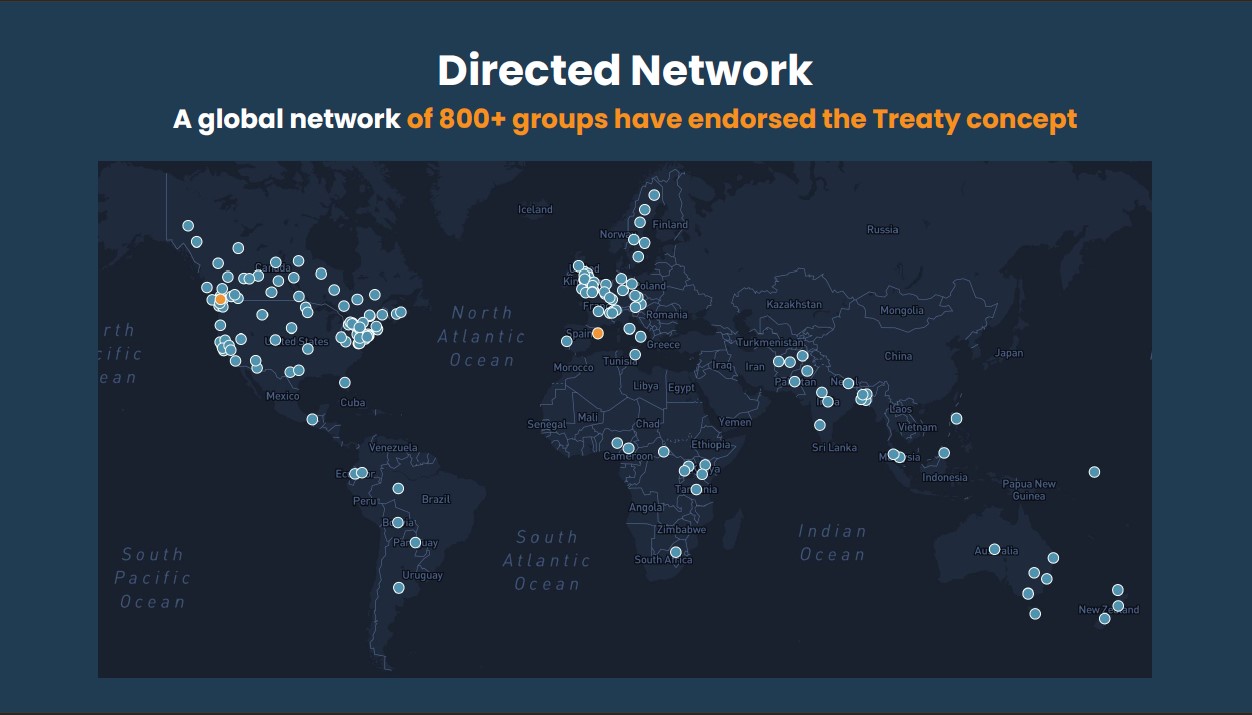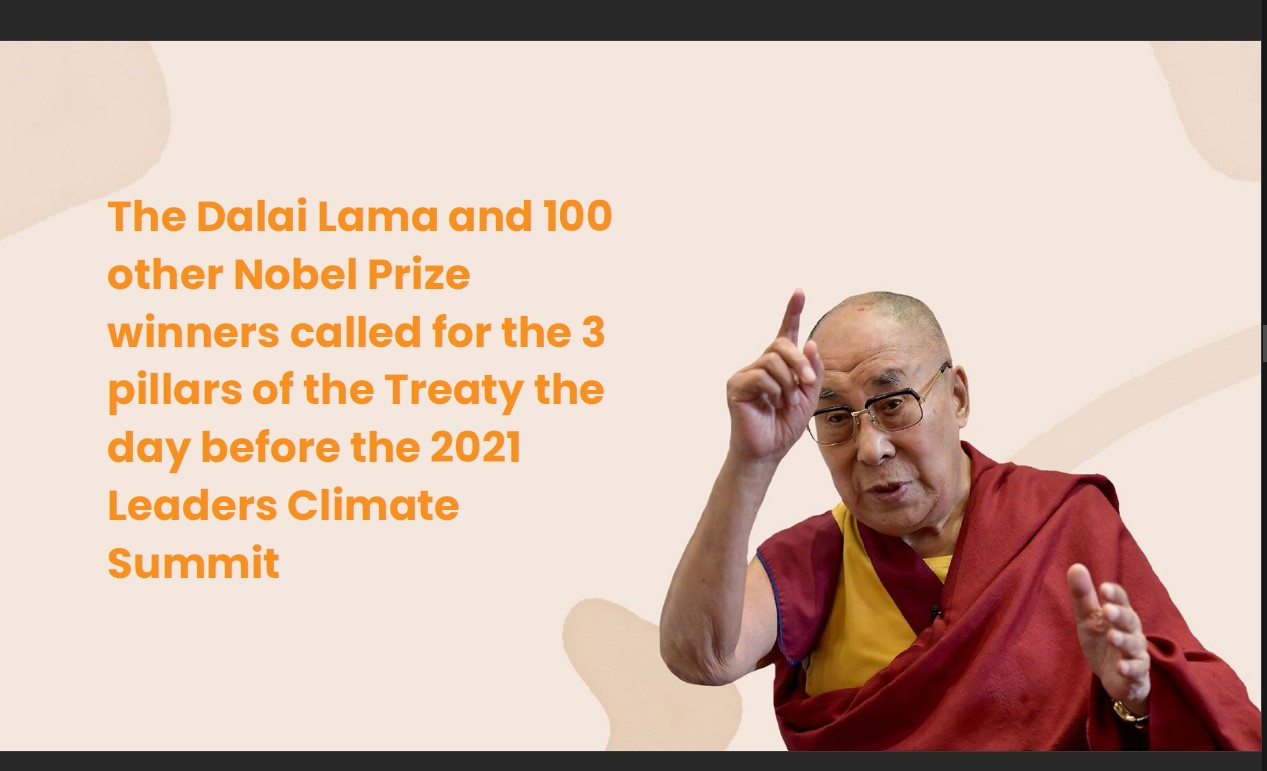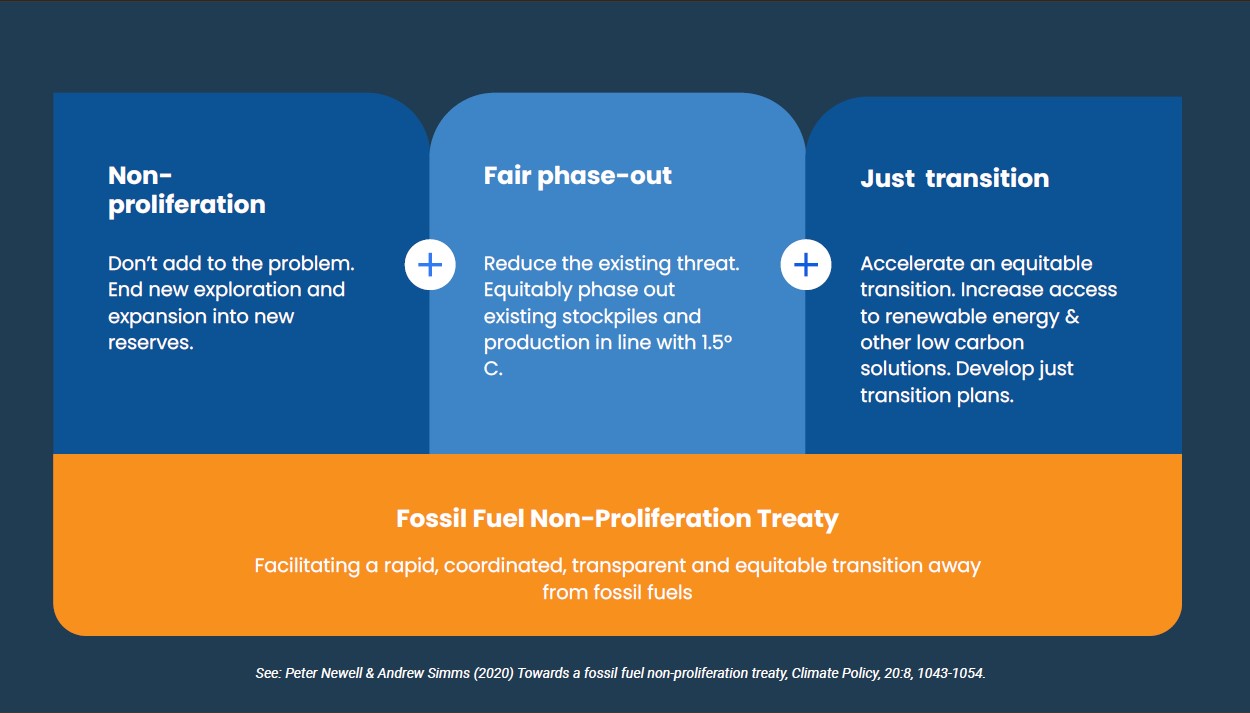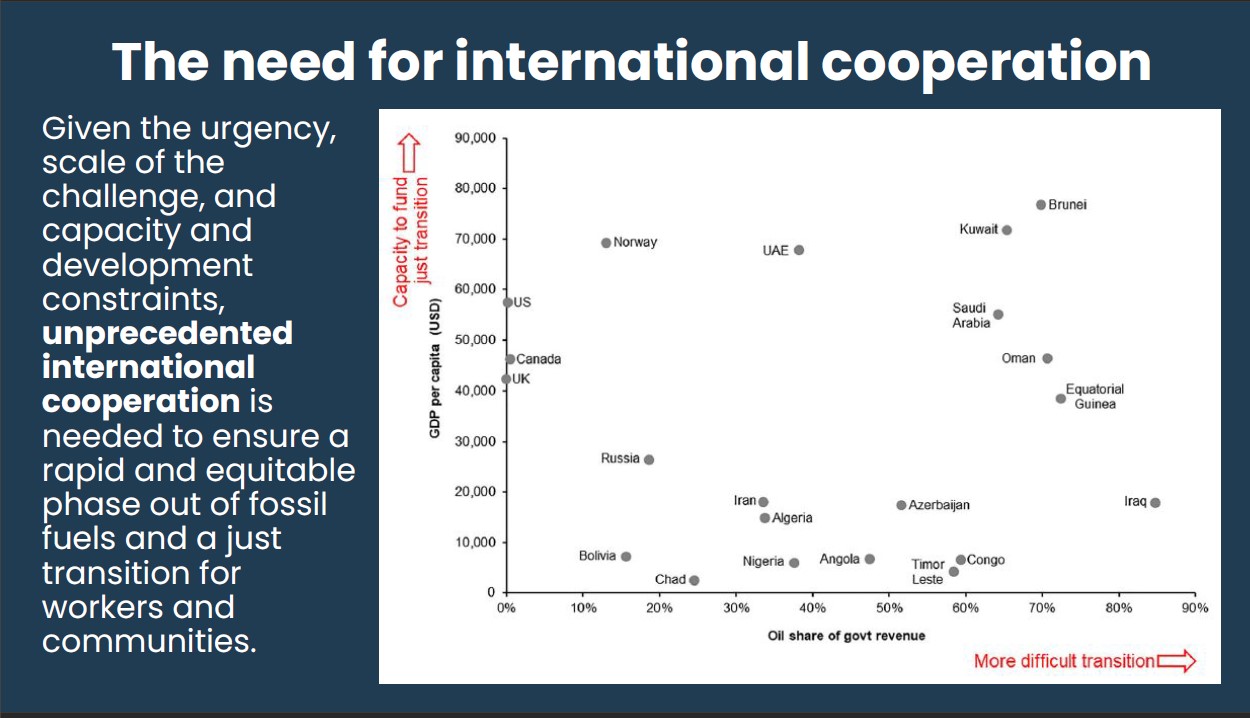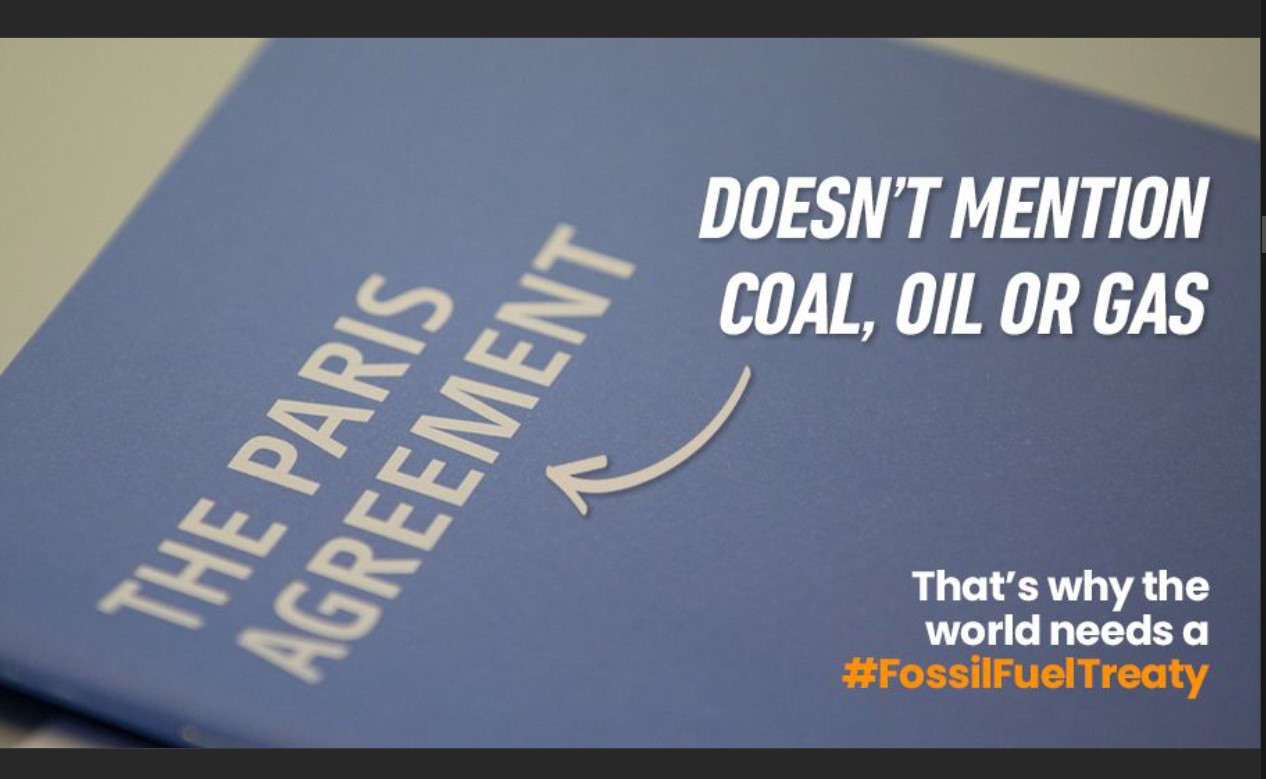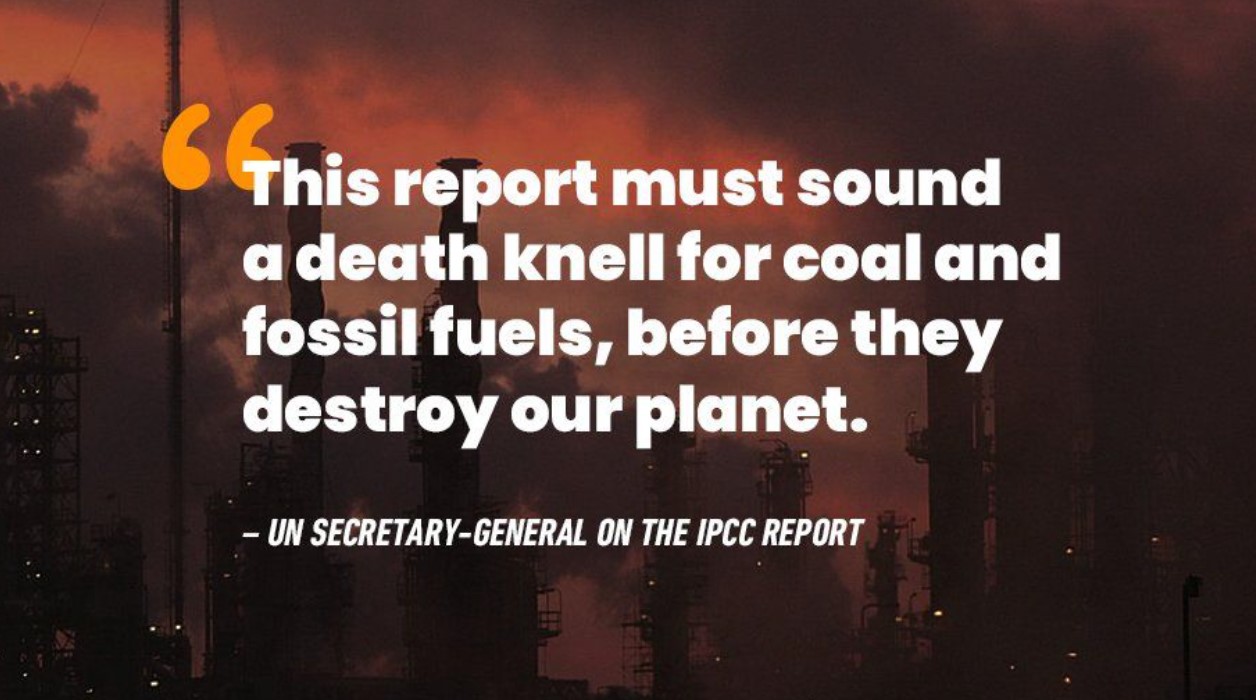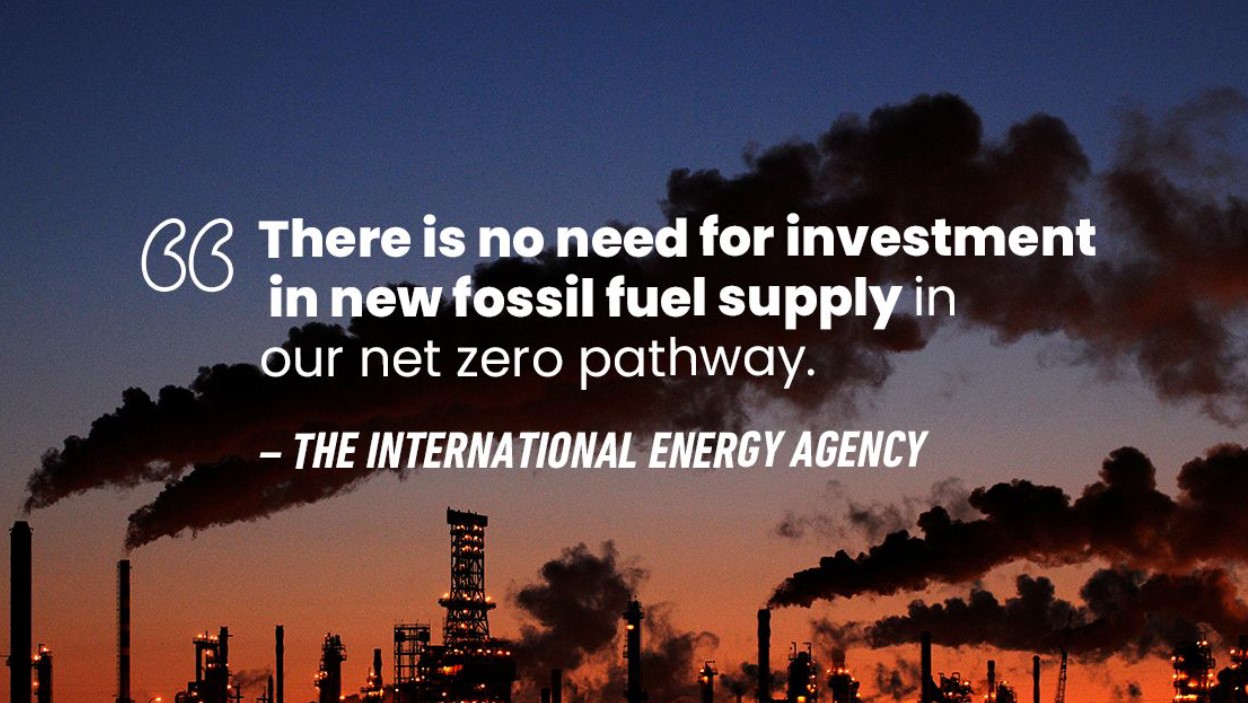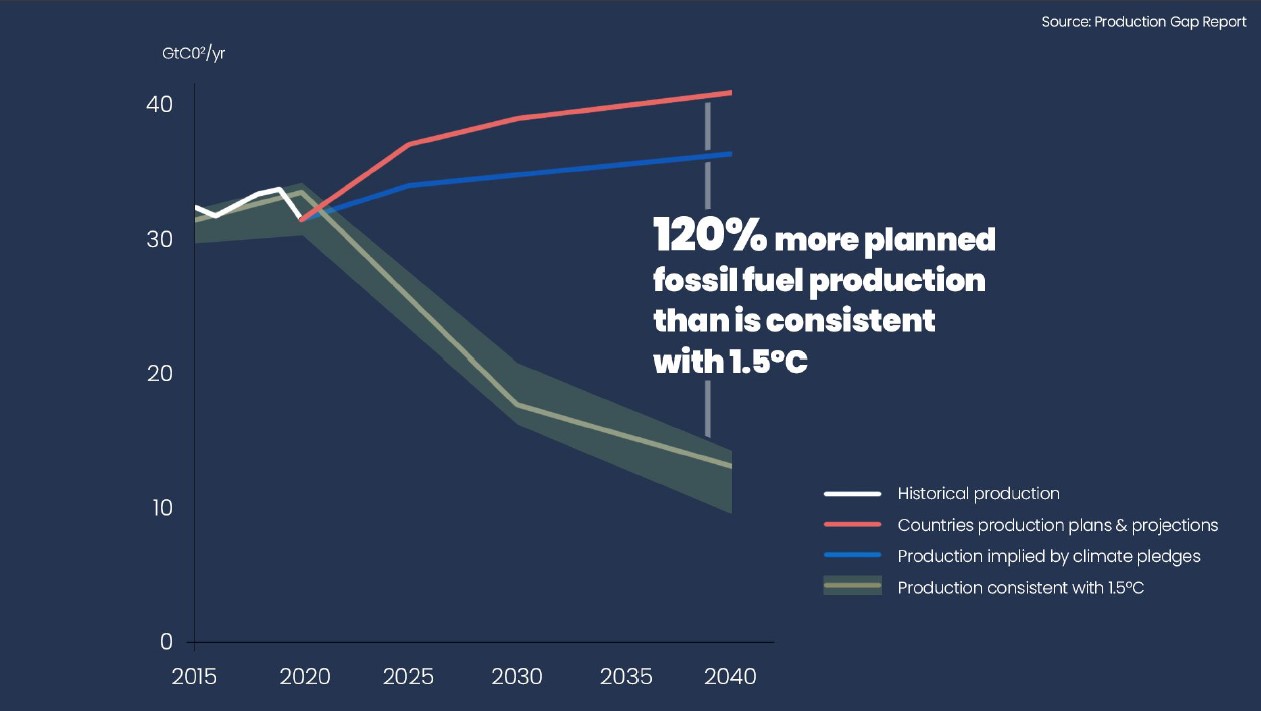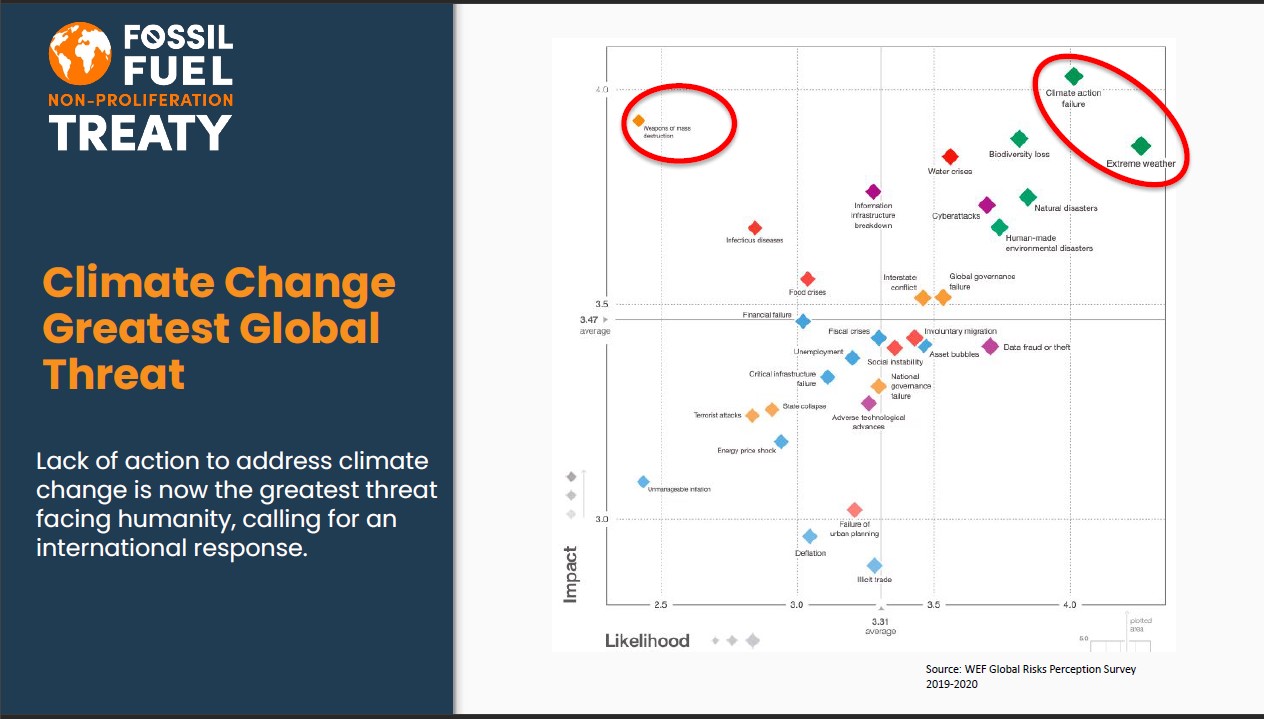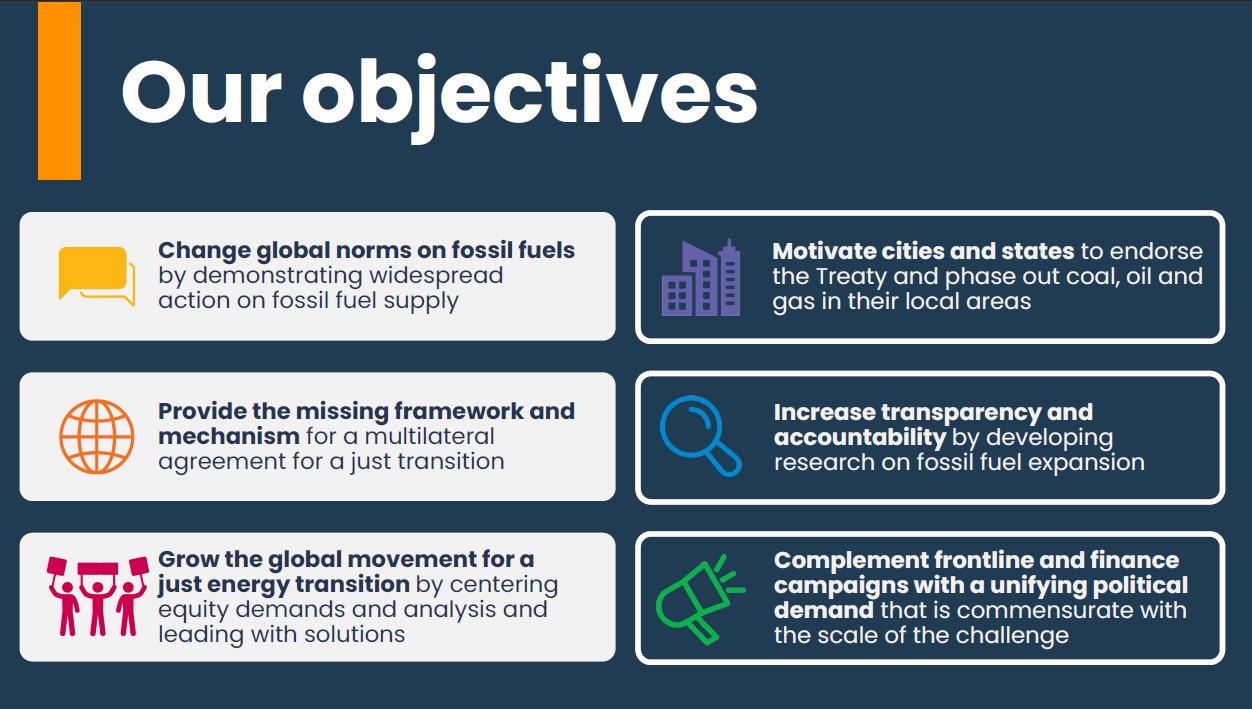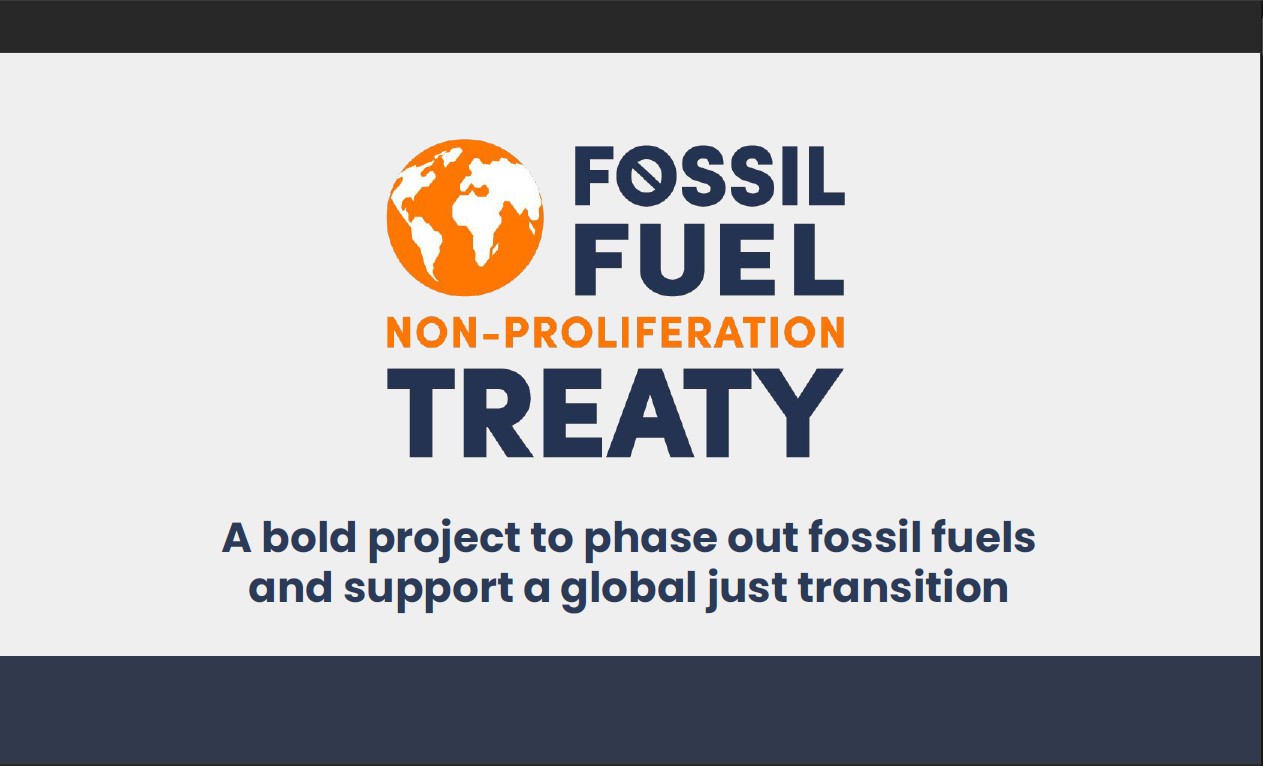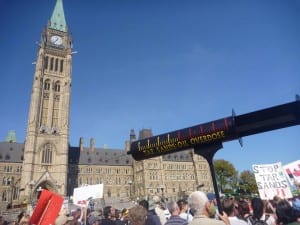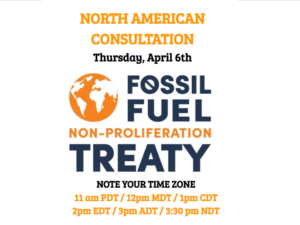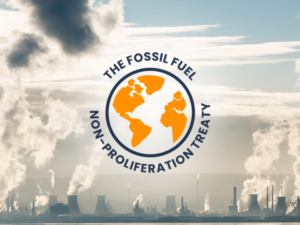Watch Seble Samuel, Cities Campaign lead at the Fossil Fuel Non-Proliferation Treaty, to find out more about the Fossil Fuel Non-Proliferation Treaty and how you can get your community to sign on. To stop accumulating future climate damage, we need the community of nations to commit to: 1. Non-Proliferation – end all new exploration and production of fossil fuels These are three pillars of the Fossil Fuel Non-Proliferation Treaty. Sydney, Los Angeles, Barcelona, Toronto and many other cities have endorsed the Treaty. We are going to say a lot of f-words in 2022 (fossil fuels). Seble Samuel is an Ethiopian-Canadian geographer and climate justice campaigner. She is the Global Cities Campaign Lead for the Fossil Fuel Non-Proliferation Treaty Initiative, campaigning and supporting a global coalition to scale the number of cities supporting a global phase out of fossil fuels and a just energy transition. Her experience spans East Africa, Latin America and Canada, working on climate justice with international programs and civil society organizations. Seble holds a BA in Geography and Anthropology from McGill University and an MSc in Environmental Change and Management from the University of Oxford. Seble’s slides: Cities Introduction to #FossilFuelTreaty Slides Human activity is driving global heating and destabilizing the climate system. That dangerous anthropogenic interference with the climate is disrupting other vital natural systems, putting food systems and water security at risk, and generating unmanageable threats to economies, nation states, and the biosphere. Research shows more than 8 million deaths per year (almost 1 in 5 deaths globally) are attributable to fossil fuel pollution. Courts are now affirming that climate protection is a human right. The Paris Agreement makes no mention of fossil fuels, the words oil, gas and coal do not appear, so we need a clear statement of understanding that fossil fuels must go. Further expansion of fossil fuel production and consumption is an unconscionable and unaffordable, yet preventable threat. Just as fifty years ago the world successfully negotiated a treaty to defuse the threats posed by the uncontrolled spread of nuclear weapons, the world today needs a Fossil Fuel Non-Proliferation Treaty to address the threat posed by fossil fuels. To stop accumulating future climate damage, we need the community of nations to: This is why we support the call for a new Fossil Fuel Non-Proliferation Treaty, to accelerate action toward that better future. On May 18, 2021, the International Energy Agency (IEA) released a special report, “Net Zero in 2050: A roadmap for the global energy system,” that represents the agency’s first ever effort to model a comprehensive energy pathway towards limiting global warming to 1.5 °C. What would a major global plan to quickly halt climate change look like? Nations around the world would immediately stop approving new coal-burning power plants and oil fields. They would phase out sales of new gasoline-powered cars in 15 years. And they would start building the equivalent of the world’s largest solar farm every single day for the next decade. Those are the conclusions of the International Energy Agency (IEA). On May 18, 2021 they issued a detailed road map for how the world’s nations could slash their planet-warming greenhouse-gas emissions to net zero by midcentury — a goal that could help avert the worst effects of climate change. This report is significant because it is not an appeal from environmentalists. The International Energy Agency is a major global organization that advises world capitals on energy policy.Their reports are widely used by companies and investors as a basis for long-term planning. And the agency is loudly warning that governments need to think much, much bigger if they want to keep climate change under control.
2. Global Disarmament – phase-out existing stockpiles of fossil fuels in line with the 1.5ºC Paris goals
3. A Peaceful Transition – fast-track a just transition for every worker, community and country
Our Guest: Seble Samuel
Resources for the cities campaign: https://campaign.fossilfueltreaty.org/cities
Laser Talk: Citizens’ Climate Lobby Canada supports the call for the Fossil Fuel Non-Proliferation Treaty
Laser Talk: IEA’s first 1.5°C-aligned scenario bolsters call for no new fossil fuel extraction
UPDATE: Ahead of summit, more than 100 economists call on G7 countries to commit to shift their finance out of all fossil fuels this year, to enable a green pandemic recovery
https://news.trust.org/item/20210608180631-eogrp/
CCL Canada Ed Call: The Fossil Fuel Non-Proliferation Treaty
Home » CCL Canada News » CCL Canada Ed Call: The Fossil Fuel Non-Proliferation Treaty
CCL Canada Ed Call: The Fossil Fuel Non-Proliferation Treaty
Posted on December 16, 2021 in CCL Canada Education Call


